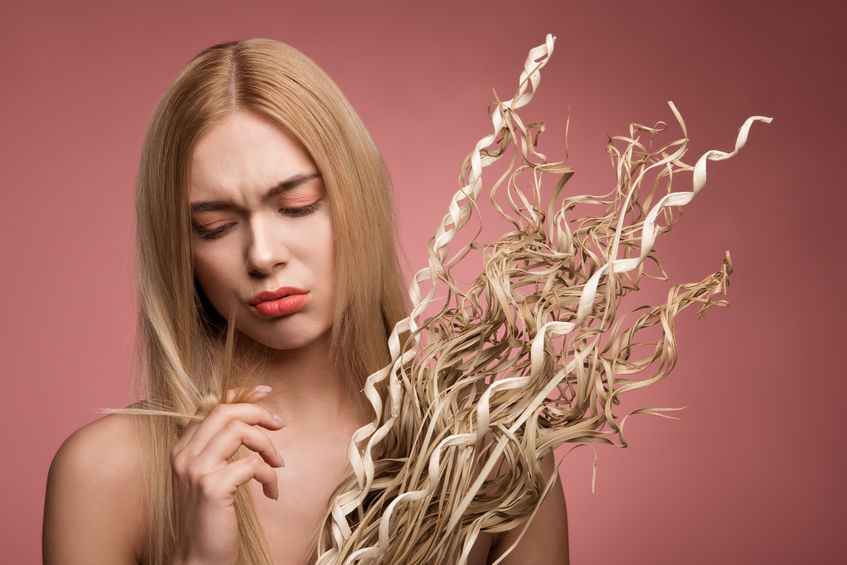Every time you lather up and take a shower, the soap or shampoo you use is filled with a variety of chemicals.
Of course, the levels at which they exist in your bubbles are not toxic to your health, nevertheless, scientists are always looking for better ways to reduce their volume in order to lessen their potential impact on the environment.
Now some believe they have discovered something helpful – using straw.
As reported in Science Daily, new research “has demonstrated that bails of rice straw could create a ‘bio-surfactant,’ providing an alternative non-toxic ingredient in the production of a vast variety of products [like soap] that normally include synthetic materials.”
Using biotechnology, scientists at the University of Portsmouth, along with other colleges in India, have developed a way to create a “bio-surfactant” by brewing rice straw with enzymes. Surfactants are chemicals that reduce the surface tension of another compound and enable oil and water to bond together to lower the surface tension of a liquid.
While all this may not sound like a big deal, this reduction of surface tension permits surfactants to penetrate dirt, grease, oils and stains and remove them from things like your skin, hair, and clothes.
That’s why in addition to soap, surfactants are also used in a variety of other household products – ranging from toothpaste and detergent to fabric softeners and makeup.
The economics of the new process, according to the researchers, is very cost competitive with other methods used to create traditional products. This new bio-surfactant, they say, is much lower in toxicity and completely biodegradable.
Interest by the business community is high because of directives, particularly in Europe, that are fueling a desire to trim the overall use of manmade chemicals in virtually all consumer products.
For more information, check out the original article in Science Daily.
